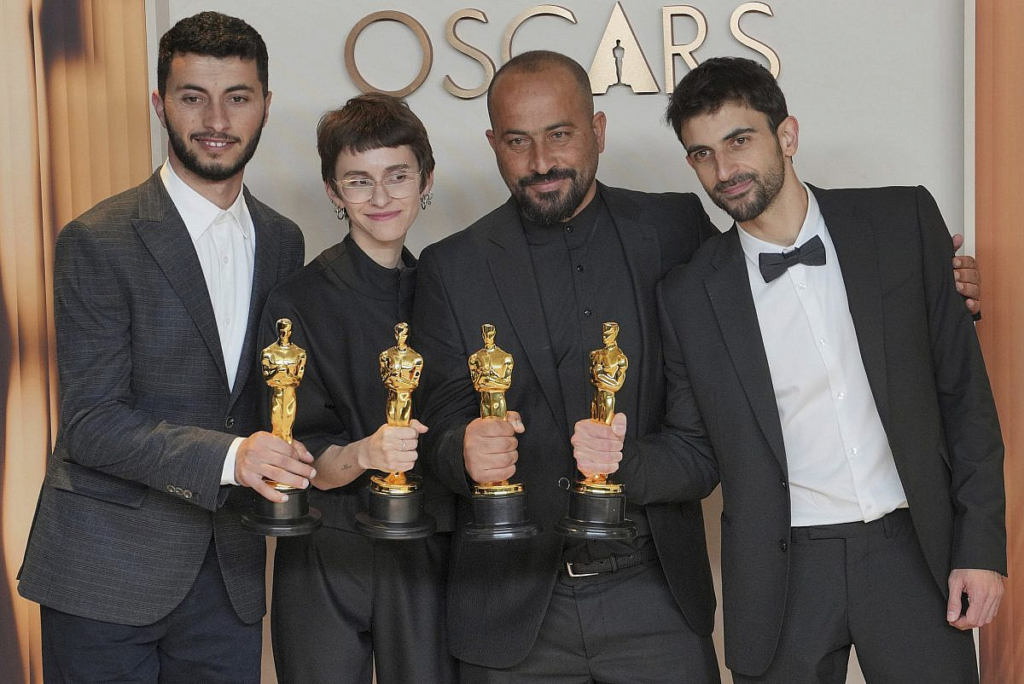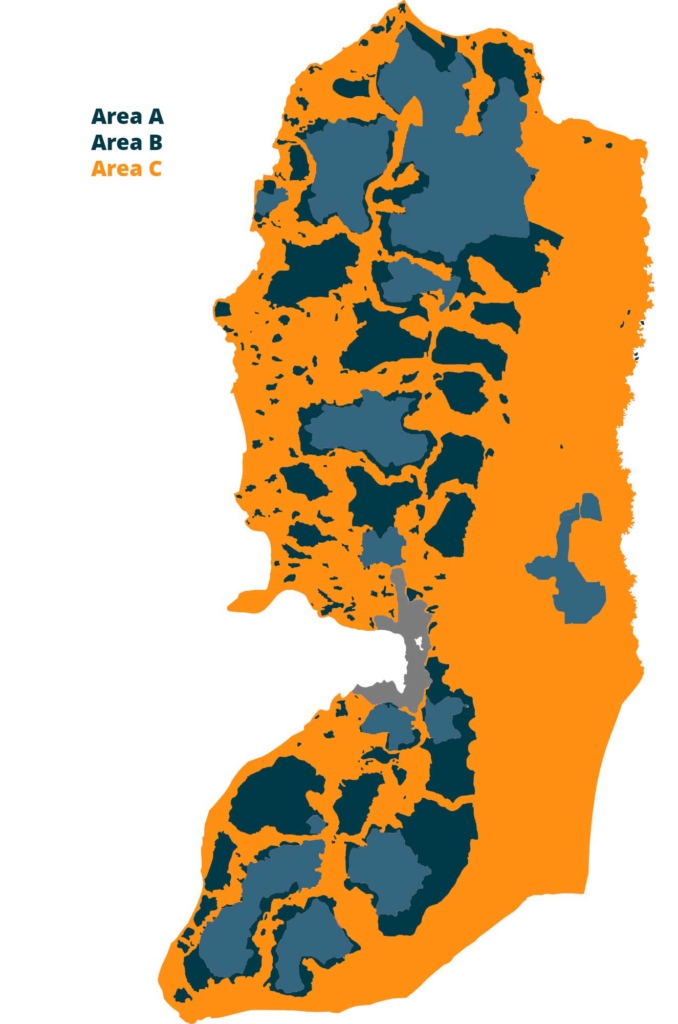No other land, The Oscar winner documentary, was a highpoint of the 19th edition of the International Journalism Festival in Perugia. After the session, the co-director of the documentary, Yuval Abraham, talked about Palestine‘s situation in the West Bank since the award.
The International Journalism Festival took place in Perugia from April 9th till 13th. The event gathered journalists and communicators from all around the world to discuss themes such as attacks against press freedom, AI influence in journalism, climate change coverage, and many others.
No other land
One of the highlights of the festival was the screening session of No other land followed by a talk with one of the co-directors, Yuval Abraham. The documentary depicts the friendship evolution between a Palestinian activist and journalist – Basel Adra, also co-director of the picture – and an Israeli journalist – Yuval Abraham –, as they report how the Israeli military and Israeli settlers displace Palestianians from their villages in the occupied West Bank.
The Oscar’s effect
Since the beginning, No other land has clearly stated its political role, once the co-director Basel Adra himself comes from an activist family and he has fighted against Israeli violences. In their own Oscar premiation, the directors have also criticized the US policy in the Palestine matter.
During the Q&A session, Yuval Abraham pointed out how the media’s attention to Palestine was superficial and unsatisfactory. And, even though the Hollywood award has increased the awareness, there are still some problems as to how they address the topic.

For example, Abraham talked about the Israeli attack that the co-director Hamdan Ballal suffered weeks after the Oscar award. In his opinion, the case received a lot of attention because it was a story about the “Palestinian Oscar winner beaten up” while the daily violence suffered by the Palestinians are not reported with the same urgency.
“Hamdam Ballal said he felt that he was going to be killed and while they were beating him, they told him that it was because of the Oscar. However, in reality these attacks are happening all the time and to people who did not win the Oscar”, said Abraham. According to the co-director, since January, there have been almost 200 attacks in the same area but the world is not paying attention.
Current situation in the West Bank
When asked about the current ground situation in Palestine, the journalist expressed a major concern in Area C – an area that consists of 60% of West Bank territory that is under direct Israeli military control. “I am very afraid for them, especially now with Trump in the US, that till 2028 the community will just be destroyed”.

The scenario “is really about survival of these communities”. In this context, he highlighted the importance of the activism on the ground – which is intensely documented in No other land filming – and the role of international pressure. However, the co-director pointed out the international community is weakening the Palestine as it is not placing any red lines.
The duo Basel and Yuval
Right in the start of the session, Yuval Abraham declared that was one of the few times he was by himself on the stage, without Basel Adra. The friendship between them influenced even Abraham’s motivation to tell the story of No other land.
For him, meeting Basel and his family that are suffering under the unfair system affected and made him feel responsible towards his own society. “This relation was important for us to show in the film this apartheid and inequality that we were born into. And we oppose in favour of a different kind of future”.
Coexistence controversy
As a Palestinian-Israeli co-production, No other land brought up a huge discussion around the notion of coexistence and its implications. Palestianians organizations criticized the partnership between the two groups and debates about the need for Israeli validation in Palestinian storytelling had arisen.
When questioned about the controversy, he answered that, generally, the team is glad the film is promoting criticism and conversation. “The fact this is happening in so many places and societies speaks to the importance of the documentary”, Abraham argued.
Since the beginning, the co-director said it was clear the film is an act of coexistence to go against occupation and to the community suffering. “As we said many times, the problem with the notion of coexistence is that you cannot talk about it when one side – the Palestinian side – has no existence”.
The journalist also adds that the documentary does propose a different kind of future which is not based on supremacy of one group over the other but which looks to every group in the land.





